Jim McMahon — Overcame Years of Dementia-Like Symptoms
Professional athletes must maintain extreme physical fitness to chase their dreams, and one injury or illness can mean the end of a long-awaited career in sports. Sometimes, athletes fight back from those traumatic injuries and life-threatening illnesses to rise to the top of their sport once more— inspiring all of us as they do.
Check out these incredibly inspiring comebacks, as some of the world’s top athletes rose above their debilitating health issues…


When retired NFL athlete Jim McMahon began suffering from slurred speech, migraines, and memory loss, he thought he was facing the early signs of dementia. Fortunately, doctors discovered the true source of his symptoms: Cranio-Cervical Syndrome (CCS).
A misaligned spinal cord was causing pain and interfering with normal brain function. After his first cervical adjustment, McMahon enjoyed relief in a matter of seconds. He once explained, “It felt like a toilet bowl flushed and all the pain and stress went away.”
Jeff Green — Returned to NBA After Open Heart Surgery
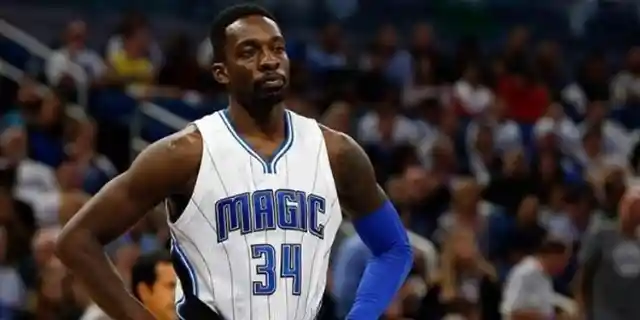
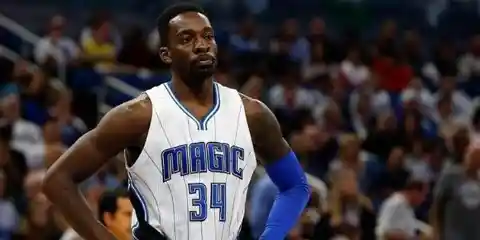
When you imagine an open heart surgery patient, you probably don’t think of a pro athlete— but Jeff Green underwent exactly that in 2011 after being diagnosed with an aortic aneurysm.
The surgery required that the NBA athlete’s heart be stopped for 60 minutes and could’ve easily marked the end of his career. However, after an arduous recovery, Green returned to the basketball court in 2014 and was most recently signed by the Orlando Magic.
Ben Hogan — Recovered from Brutal Car Accident to Win US Open
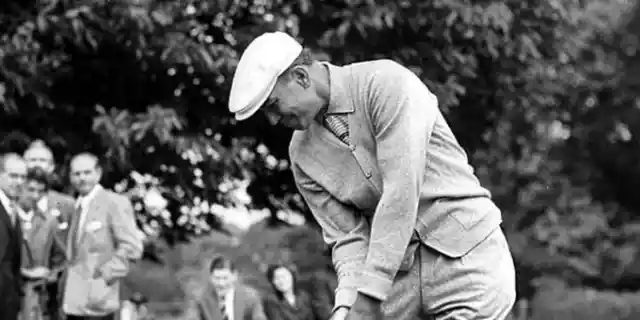
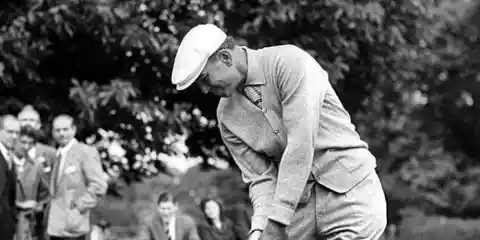
When Ben Hogan’s car was hit head-on by a Greyhound bus in 1949, initial reports claimed the athlete lost his life in the collision. In fact, the pro golfer survived, suffering a fractured collarbone, a double fractured pelvis, a broken rib, and a broken ankle.
After major abdominal surgery and multiple blood transfusions, Hogan shocked everyone by showing up to— and winning— the 1950 US Open, the first of many championships the golfer would win after his inspiring recovery.
Brett Favre — Recovered from Car Accident in Less Than a Month
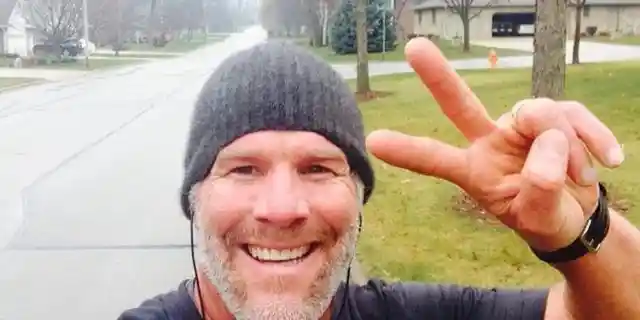
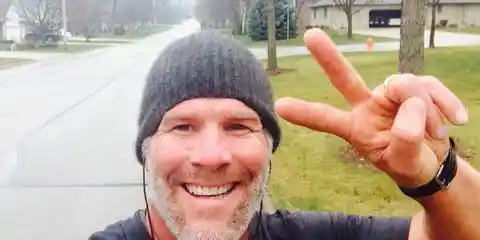
When Brett Favre got in an off-season car accident as a student-athlete at Southern Mississippi, it wasn’t just a minor fender bender. The football player suffered from a concussion and cracked vertebrae— and had to have two feet of his intestines removed.
In less than a month, Favre was back on the field to start his senior year, showing people an early glimpse of the strength and determination that would carry him throughout a successful career in the NFL.
Bobby Hurley — Windpipe Ripped Away from Lungs, Returned to NBA
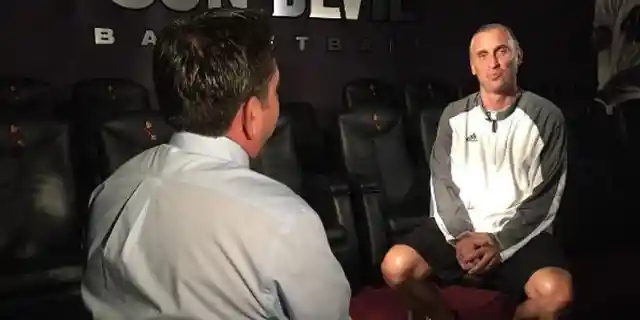
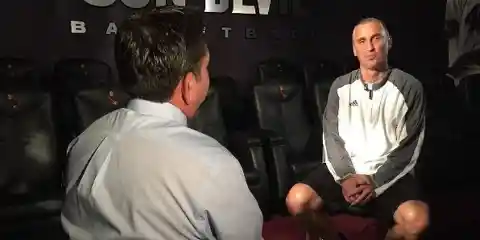
When Bobby Hurley graduated from Duke University, he had a promising NBA career ahead of him. As a college senior, Hurley was the NCAA all-time leader in assists and went on to be drafted seventh overall by the Sacramento Kings in the 1993 NBA draft.
Many feared the young star’s career was over when a car accident threw him into a ditch, causing his windpipe to rip away from his lung on impact. Against all odds, Hurley recovered from his injuries and returned to the NBA.
Steve Yzerman — Underwent Knee Realignment Surgery Without Missing a Game


Hockey player Steve Yzerman’s knee was in such bad shape during the 2002 NHL season that he desperately needed surgery. Instead of cutting the season short, he continued to skate on an injured knee, helping the Red Wings fight through the playoffs and ultimately win the Stanley Cup.
When Yzerman finally had his much-needed knee realignment surgery, he certainly didn’t take any time off. After doing rehab for six hours each day, he returned to the rink before the start of the 2003 season.
Willis McGahee — Returned to NFL After Tearing MCL, ACL, and PCL


Tears to the MCL, ACL, or PCL can each cause major career setbacks for a professional athlete, so imagine people’s reactions when Willis McGahee suffered all three at once during the 2003 NCAA Championship game.
The injury dropped the running back from his position as a potential leading draft pick to being drafted by the Buffalo Bills as the 23rd pick overall. Despite the setback, McGahee emerged victorious as a 1,000-yard rusher in 2004 and again in 2005 after recovering from his injuries.
Earl Thomas — Separated Shoulder Healed So Quickly He Raised Suspicions
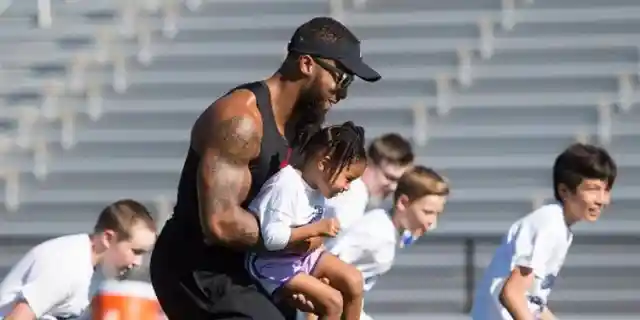
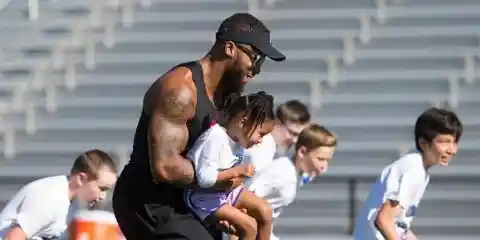
When Earl Thomas suffered from a separated shoulder in an NFC Championship game, he recovered so quickly that many think the NFL suspected foul play.
He was “randomly” selected for HGH testing after telling reporters that his shoulder was a “10” much earlier than anyone expected. The tests came back clear, and Thomas rejoined his Seattle Seahawks to play in the Super Bowl.
Curt Schilling — Played Through Bleeding Sutures for MLB Victory
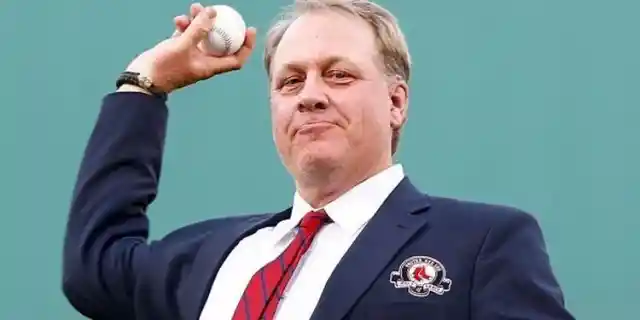

Curt Schilling’s ankle was in such bad shape that the tendon had to be sewn back onto his ankle in 2004. Instead of taking time to rest and recover, the pitcher immediately returned for Game 6 of the 2004 ALCS against the Yankees.
The stress caused his sutures to bleed through his socks, yet he fought through the pain and led the Red Sox to victory. Astonished onlookers nicknamed the event the “Bloody Sock Game,” and the blood-stained sock is now in the Baseball Hall of Fame.
Ronnie Lott — Chose Finger Amputation to Heal Faster for NFL
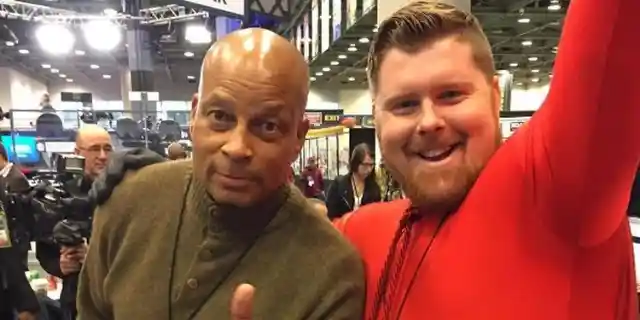
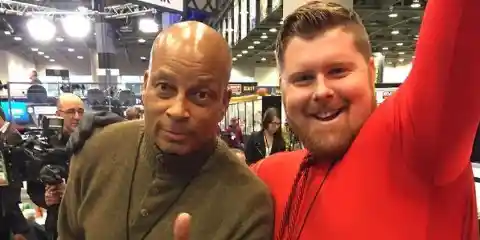
When Ronnie Lott broke his finger in 1986, he could have simply had a pin inserted and missed the start of the NFL season to recover. Instead, the football player insisted that doctors amputate part of the finger so that he could be back on the field in time for the first game of the season.
The amputated finger will always remind fans and opponents alike of Lott’s unwavering dedication to the game of football.
Adrian Peterson — Overcame ACL Surgery to Lead NFL in Rushing Yards


When Adrian Peterson returned to the NFL just nine short months after having surgery on his torn ACL, he didn’t just show up—he dominated. After his remarkably fast recovery, the pro athlete led the NFL in rushing yards, with over 2,000 yards that season.
This is an incredible accomplishment for any athlete, but it’s almost unbelievable for one recovering from major knee surgery.
Kirk Gibson — Played World Series With Cortisone and Xylocaine
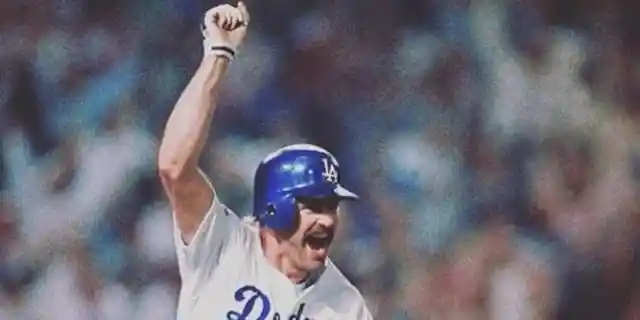
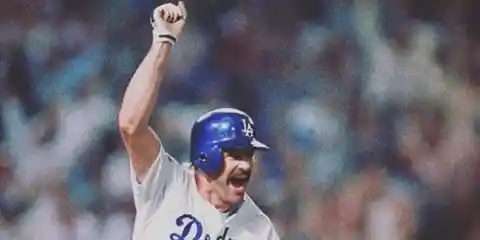
When the Dodgers beat the New York Mets in the NLCS in 1988, Kirk Gibson was so hobbled that his manager wouldn’t let him run out on the field to celebrate with his team.
The baseball player had injections of cortisone and xylocaine in hopes of making an appearance in the World Series. Despite all odds, Gibson took a single at-bat in Game 1 and helped his team clinch an unlikely victory against Oakland.
Ray Lewis — Heals Torn Tricep to Win Super Bowl
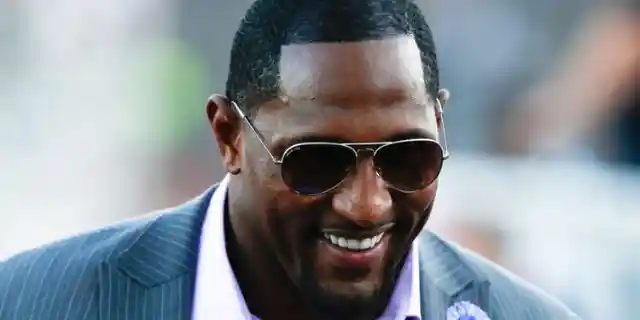
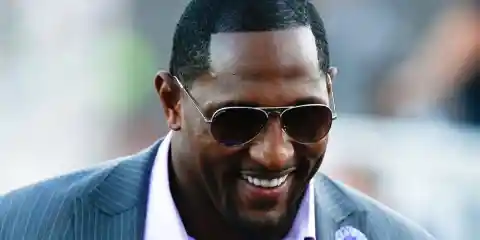
After 17 years as a professional football player, linebacker Ray Lewis suffered a torn tricep muscle in October 2012. Commentators believed the injury would force the All-Pro athlete into early retirement, but Lewis was determined to see his last season through to the end. After a quick recovery that surprised many and impressed all, Lewis ended his career with a Super Bowl victory as a member of the Ravens’ defensive line.
Willis Reed — Started NBA Finals Game 7 After Tearing Thigh Muscle in Game 5
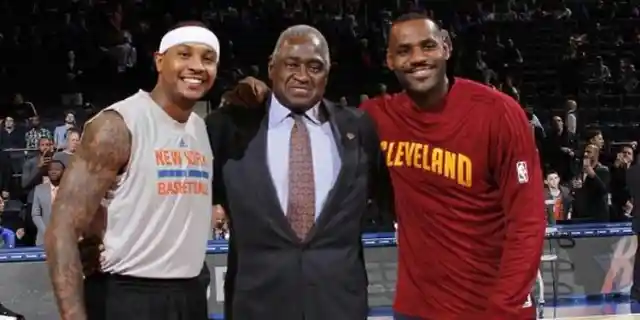
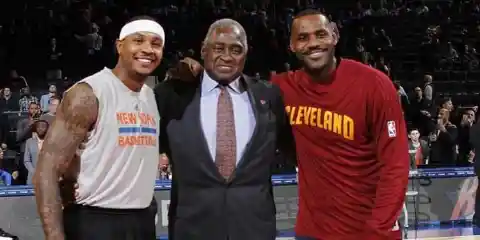
When Willis Reed didn’t come out for warm-ups for Game 7 of the 1970 NBA Finals, fans thought the muscle he tore in Game 5 would cause him to miss out on the final match altogether. However, Reed was actually in the locker room receiving an injection of pain medicine.
He soon walked onto the court to a roar of surprised cheers and scored the first four points of the game. His Knicks went on to defeat the Los Angeles Lakers to cinch the finals.
Monique van der Vorst — Paralympic Cyclist Walked After Paralysis Reversed


When cyclist Monique van der Vorst was 13 years old, the surgery left her paralyzed from the waist down. Later, a car accident caused even further damage to her spine. Rising above these challenges, she became a successful Paralympian.
In 2009, the athlete found herself in the hospital again after colliding with another cyclist while training. This time, something amazing happened— van der Vorst unexpectedly regained sensation in her legs! After nearly 13 years in a wheelchair, the athlete learned to walk and cycle once more.
Chase Kear — Healed from Broken Skull in Just Seven Weeks
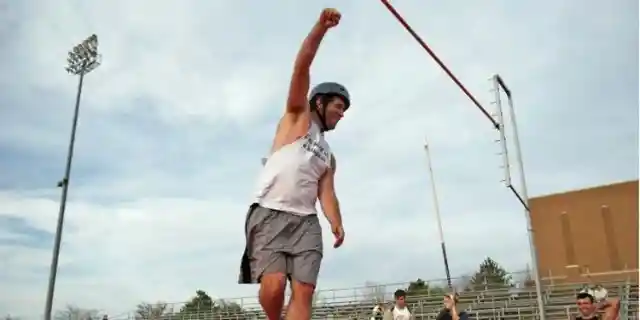
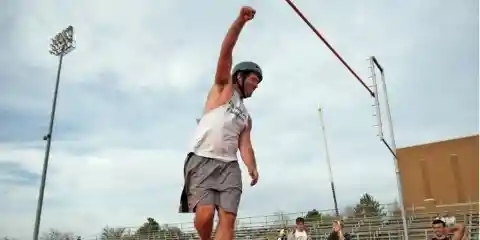
Chase Kear pole-vaulted hundreds of times before one vault changed his life forever. During a routine practice, the college athlete’s pole flexed too far, causing him to crash head-first and crack his skull from ear to ear.
Doctors believed the accident may prove fatal, or at the very least leave him as a vegetable. However, Kear made a miraculous recovery and walked out of the hospital just seven short weeks later. His neurosurgeon reported, “He was on death’s door. This is definitely miraculous.”
Roman Reigns — Overcame Leukemia Not Once, But Twice
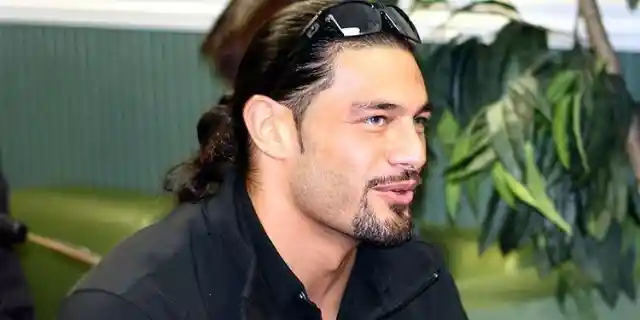
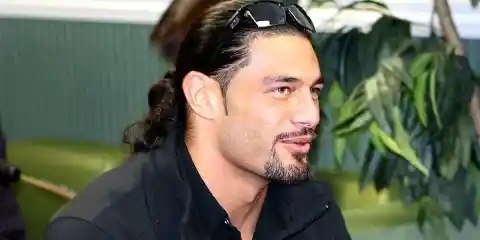
Roman Reigns has been living with Leukemia for many years (since he was 22 years old), but this wasn’t a well-known fact within the WWE Universe. Then, in October 2018, The “Big Dog” announced that the Leukemia had returned and that he’d be taking time off to heal.
He surrendered the Universal championship and disappeared. Fast forward a mere four months, to February 2019, and Reigns announced that he was in remission. He’s been back ever since, and looking better than ever.
Vanessa Rogers — Overcame Quadriplegia to Compete as Bodybuilder


Vanessa Rogers was an athletic 16-year-old when a car accident caused paralysis in all four limbs. She told one reporter, “My neck just folded like an accordion.” Doctors told her she had a 0% chance of walking and only a 50% chance of feeding herself.
The young athlete fought hard and miraculously regained feeling and control in all four limbs. She is now 33 years old and competing as a bodybuilder, placing third in her first competition. She once shared, “After what I survived, I want to make the most of every day.”
Neale Cranwell — Bodybuilder Recovered from Paralysis Twice
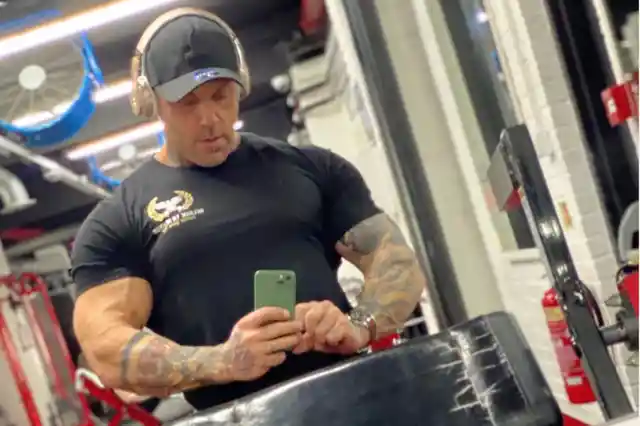
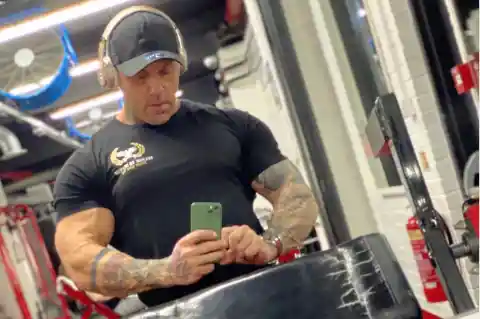
Bodybuilder Neale Cranwell was told by doctors that he was paralyzed for life—on two separate occasions, five years apart. Overcoming all odds, the athlete and personal trainer learned to walk (and train) once more and is now a successful bodybuilder.
He once shared, “Surgeons told me I’d never weight lift again, have to learn to write with my left hand, never get back on stage, etc.— but I’ve always proved them wrong.” Cranwell was even crowned Mr. Universe in 2015, inspiring all who have heard his story.
Peyton Manning — Resumed NFL Career After Career-Threatening Neck Injury
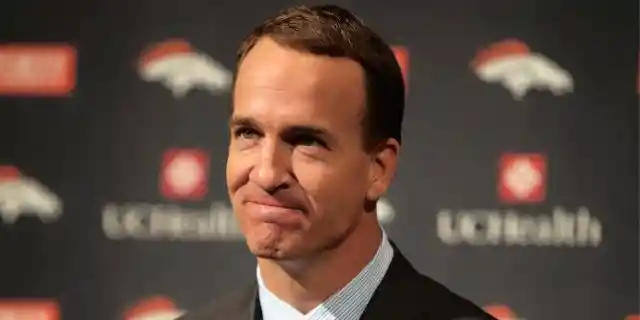
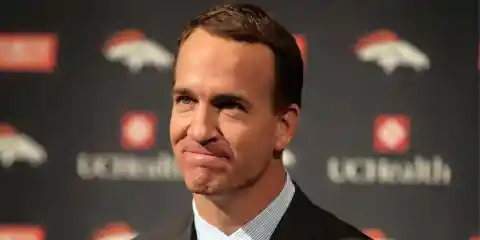
After 20 years as a successful football player, Peyton Manning thought his career was over. A neck injury led to him undergoing anterior cervical discectomy and fusion, and when he woke up, his right arm was so weak that he couldn’t even grip a football.
That’s a terrifying feeling for a professional quarterback. After extensive rehab, Manning says he had to go back to the basics and relearn how to throw a football. Even with metal in his neck, the athlete made a comeback and became the NFL passing leader at 37 years old.
Saku Koivu — NHL Athlete Returned from Cancer Battle


Before September of 2001, Saku Koivu allowed his life to be consumed with winning hockey games with the Montreal Canadiens, but not anymore. After being diagnosed with malignant cancer, undergoing aggressive chemotherapy, and ultimately returning to the ice, his perspective has shifted.
He once shared, “I’m lucky to have a second chance and to be able to enjoy these things.” He continued, “When I lose a game, I go home, wake up with the kids, and tell myself, ‘It’s not the end of the world.'”
Rajon Rondo — Dislocated Elbow Then Returns for Next Game
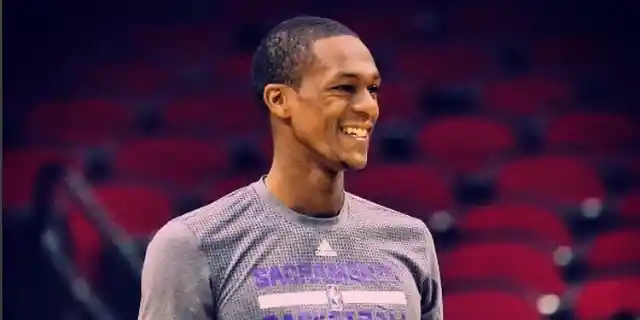

When Rajon Rondo fell to the floor during Game 3 against the Miami Heat in the 2011 Eastern Conference semifinals, the crowd watched with dread. The NBA athlete dislocated his left arm in the fall and had to be guided to the locker room to have it reset.
Many speculated that it would take three to six weeks to recover from the injury, but Rondo displayed amazing resiliency when he returned to play in the very next game of the series.
David Garrard — Overcomes Crohn’s Disease to Realize NFL Dreams
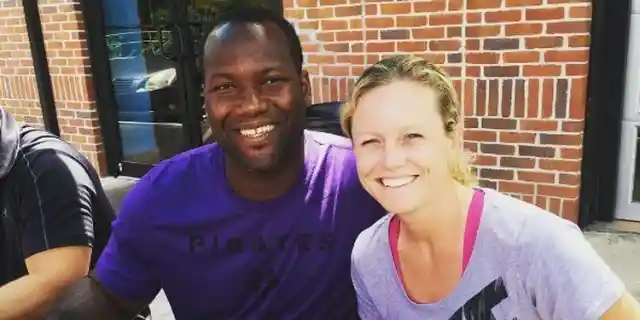
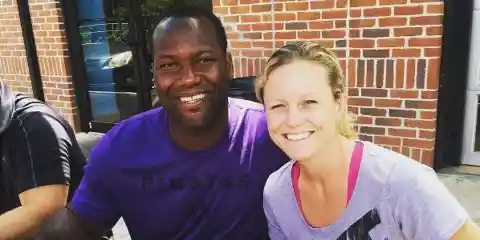
PHOTO: INSTAGRAM @DDG0214
Football player David Gerrard was fighting for a position as starting quarterback when he first got the news. He had Crohn’s disease, an autoimmune disease without a cure. After one bout of serious abdominal pain, the athlete underwent surgery to remove part of his intestines.
Six weeks later, he was back on the field and soon realized his dream of becoming a starting quarterback. He now likes to tell kids with Crohn’s, “You might have Crohn’s, but it doesn’t have you. Don’t let it keep you down. Go and live your dream.”